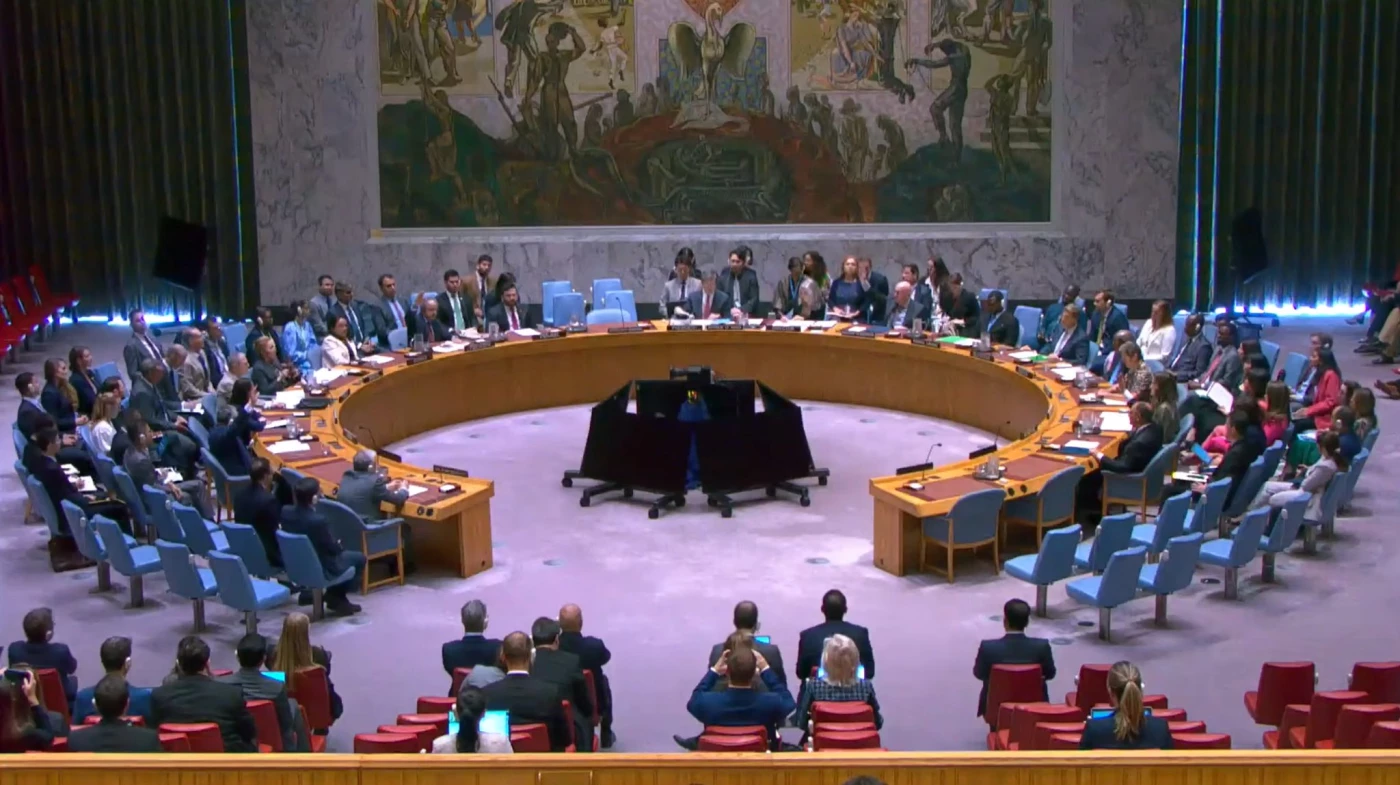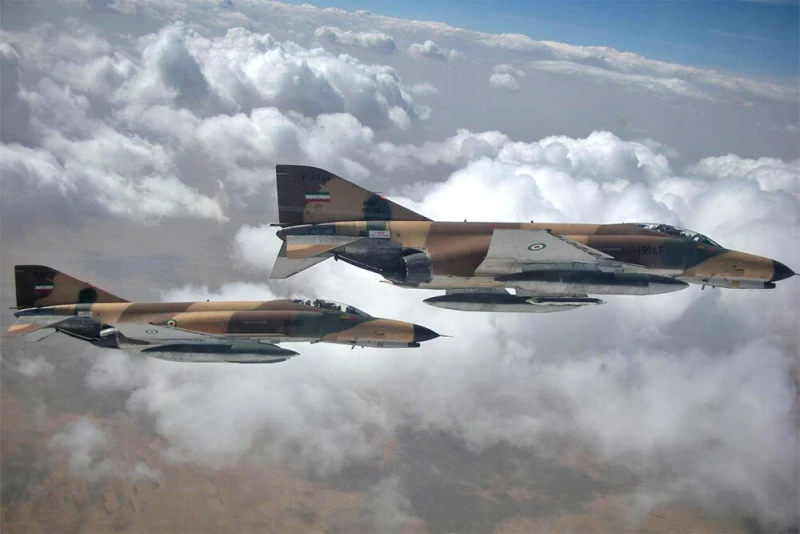ERBIL, Kurdistan Region of Iraq – The United Nations Security Council on Friday failed to adopt a draft resolution that would have continued to provide sanctions relief to Iran and prevented triggering the “snapback” mechanism of the 2015 nuclear deal. Tehran slammed the vote as “a violation of international law.”
Under the 2015 nuclear accord with world powers, officially called the Joint Comprehensive Plan of Action (JCPOA), the snapback mechanism permits the reactivation of UN sanctions if Iran is deemed in violation of its nuclear obligations.
On Friday, the Security Council held a vote on a resolution concerning the continuation of sanction lifts on Tehran and preventing the snapback mechanism.
With only 4 countries voting in favor of the resolution, 9 against, and 2 abstaining, the resolution was rejected.
This decision comes following the initiation of a 30-day process by the European signatories of the nuclear deal — France, the UK, and Germany, known as the E3 countries- to trigger the snapback mechanism should negotiations with Iran fail to bear fruit.
“Today’s action by the three European countries in the UN Security Council… is unlawful, unjustified, and provocative, and severely undermines ongoing diplomatic efforts," Iran's foreign ministry said in a statement, stressing that Tehran reserves the right to “respond appropriately to any unlawful action.”
“Today’s move... carried out without consensus and despite serious opposition from several Council members, further undermines the credibility of the Security Council,” the ministry added.
On September 9, Iranian Foreign Minister Abbas Araghchi signed an agreement with the International Atomic Energy Agency (IAEA) in Egypt’s Cairo, allowing the UN nuclear watchdog access to Iranian nuclear facilities and resume work in the country after suspending cooperation with the agency in the wake of the 12-day war with Israel.
Amir-Saeid Iravani, Iran’s ambassador to the UN, accused the US and the Europeans of not adhering to the September 9 agreement, and “seeking another path.”
Iravani stated that “the Security Council's neutrality has not been observed,” adding that the decision “is a violation of international laws and the Security Council itself.”
The ambassador asserted that Iran was committed to the terms of the nuclear deal, “but America was not,” citing the US attacks on its nuclear facilities during the 12-day war.
China, Russia, Pakistan, and Algeria were the only states that voted in support of halting the reimposition of the sanctions on Iran.
Ahead of the vote, Russian Ambassador to the UN Vassily Alekseevich Nebenzia stated that the only goal of the European countries in imposing sanctions on Iran “is to use the council as a tool for their bad faith play, as a lever to exert pressure on the state in favor of a state which is trying to defend its sovereign interests.”
Fu Cong, China’s UN envoy, expressed a similar sentiment, denouncing the decision as undiplomatic, and accusing the council of destroying almost a decade of diplomatic efforts with “one stroke.”
The Iranian ambassador urged the European countries to “return to the path of diplomacy instead of increasing tensions.”
“Iran firmly defends its territorial integrity. Iran will not step aside under threats and intimidation,” he added.
Reporting by Hevi Karam



 Facebook
Facebook
 LinkedIn
LinkedIn
 Telegram
Telegram
 X
X


